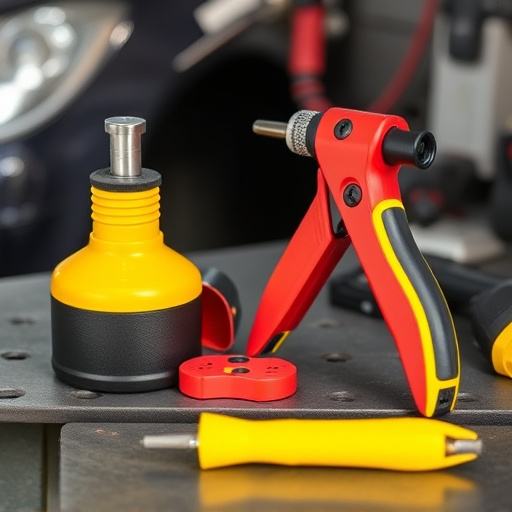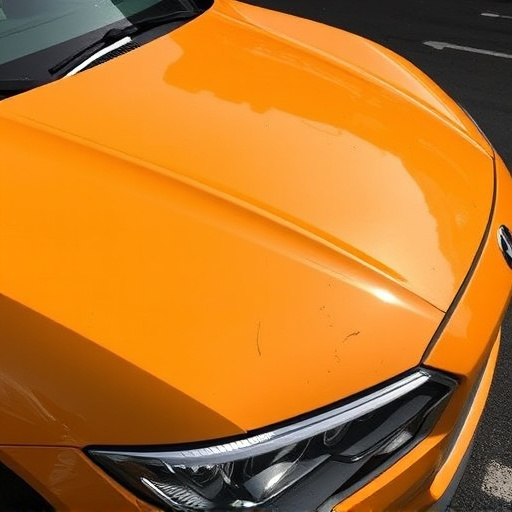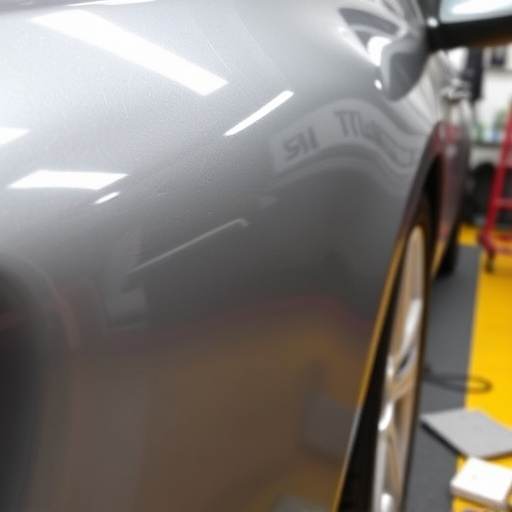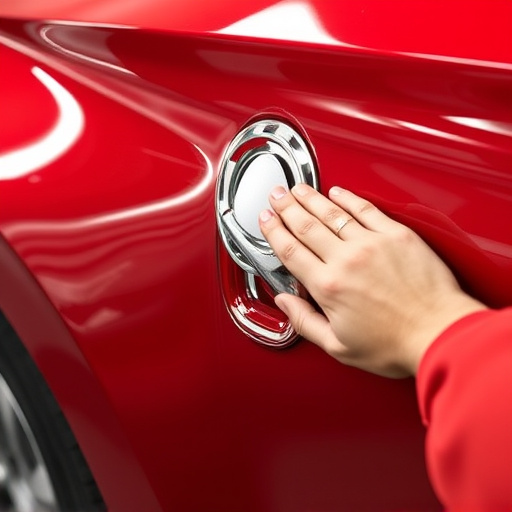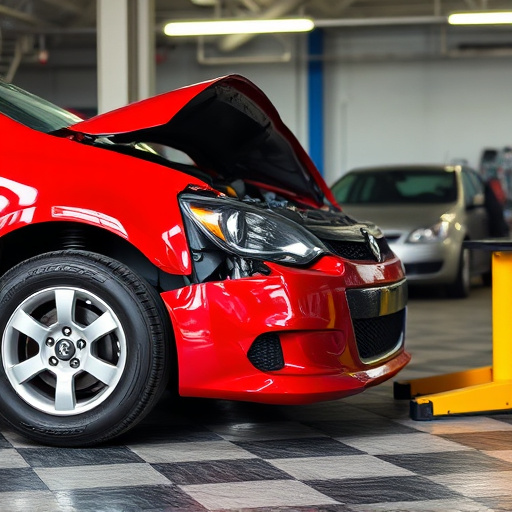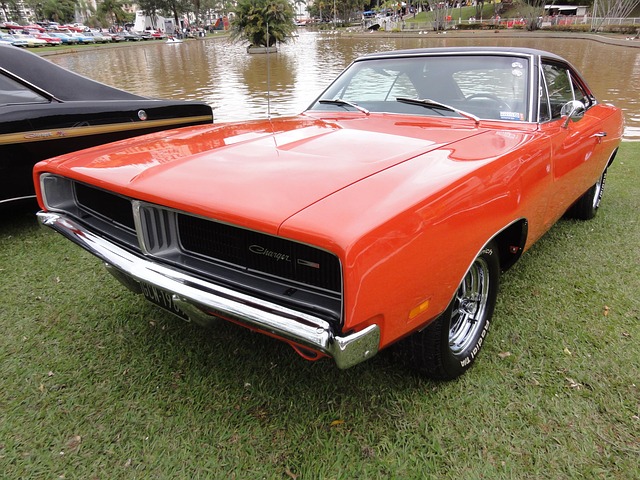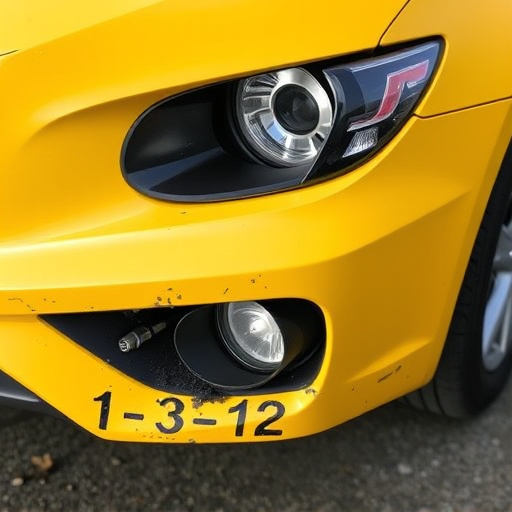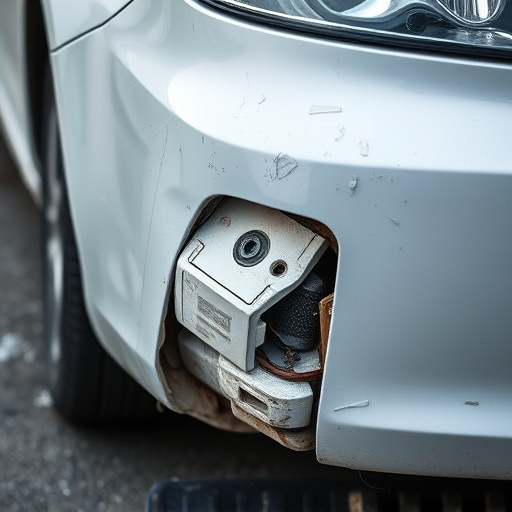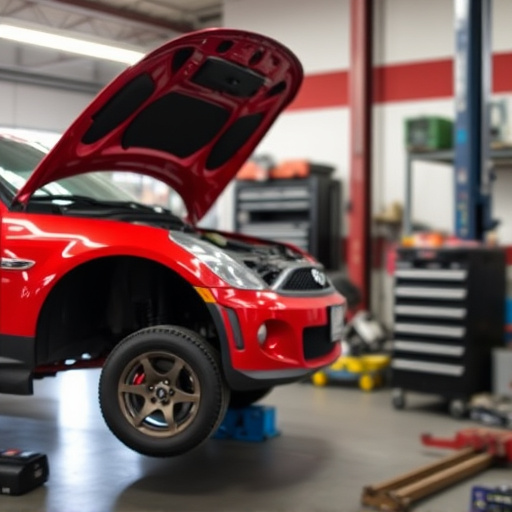Mercedes infrared-reflective glass uses a special coating to reflect heat from sunlight, keeping vehicles cool and reducing energy consumption. It offers protection against hail damage and scratches by minimizing direct sunlight exposure, enhances driver comfort, safety, and fuel efficiency, and conserves vehicle aesthetics with reduced repair needs.
Discover the revolutionary power of Mercedes infrared-reflective glass, a cutting-edge technology transforming the automotive landscape. This innovative material isn’t just stylish; it actively reflects heat, enhancing passenger comfort and energy efficiency. Learn how Mercedes engineers harness infrared radiation to create windows that keep interiors cool without sacrificing visibility. Explore its diverse applications in modern vehicles, from luxury sedans to electric cars, and understand why this technology is a game-changer for automotive design and sustainability.
- How Mercedes Infrared Glass Works
- Benefits of Heat Reflection Technology
- Applications in Modern Vehicles
How Mercedes Infrared Glass Works
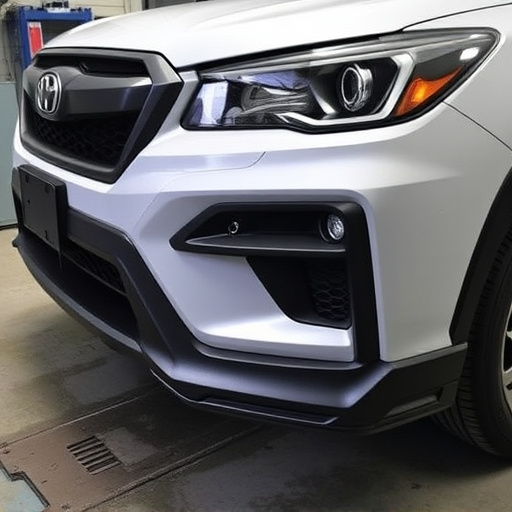
Mercedes Infrared Glass works by employing a special coating that reflects infrared radiation, effectively keeping the interior cool and reducing the need for air conditioning. This technology is designed to enhance comfort and energy efficiency within vehicles. When sunlight hits the glass, the coating interacts with the heat, reflecting most of it back into the environment rather than allowing it to penetrate the car’s cabin.
This process not only reduces the temperature inside the vehicle but also plays a role in hail damage repair and scratch repair by offering some protection against external elements. By minimizing direct sunlight exposure, the glass helps prevent excessive heating, which can be a factor in auto glass repair, and could potentially save on maintenance costs associated with severe weather conditions or accidental damages, like scratches.
Benefits of Heat Reflection Technology
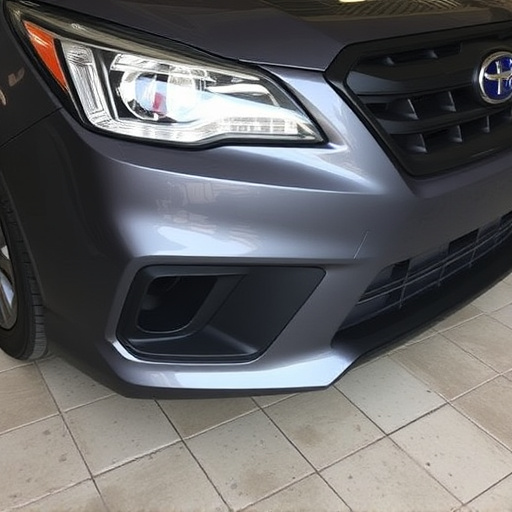
Mercedes infrared-reflective glass has revolutionized the automotive industry with its innovative heat reflection technology. One of the key benefits is enhanced driver comfort and safety. By reflecting a significant portion of the sun’s infrared rays, these glasses reduce the interior temperature of vehicles, making them cooler even on hot days. This not only improves the overall driving experience but also plays a crucial role in preventing heat-related issues for both passengers and vehicle components, particularly during long drives or in regions with extreme climates.
Moreover, this technology offers substantial advantages in terms of energy efficiency and environmental impact. By keeping the interior cooler, it reduces the reliance on air conditioning systems, thereby decreasing fuel consumption and cutting down on emissions. This not only benefits the owner through lower operating costs but also contributes to a greener environment, especially when considered alongside other eco-friendly practices in auto painting, tire services, and collision repair.
Applications in Modern Vehicles

Mercedes infrared-reflective glass is transforming modern vehicles into smarter and safer machines. This cutting-edge technology offers a range of applications that enhance both passenger comfort and vehicle performance. One of its key roles is in temperature regulation, where the glass helps to reflect heat from the sun, keeping interiors cool even under intense solar radiation. This feature not only improves driver and passenger comfort but also contributes to more efficient air conditioning systems, thereby reducing fuel consumption and environmental impact.
In addition, Mercedes infrared-reflective glass plays a crucial part in fleet repair services and vehicle restoration. Its durability and superior protection against UV rays ensure that restored cars maintain their original aesthetics for longer periods. For commercial fleets, this technology offers cost savings by minimizing the need for frequent replacements due to damage from solar heat. Furthermore, it contributes to the overall safety of vehicles, protecting occupants from harmful UV radiation and reducing the risk of sun-related health issues during long drives.
Mercedes infrared-reflective glass represents a significant advancement in automotive technology, offering both comfort and environmental benefits. By understanding how this innovative material works and its various applications, we can appreciate its role in modern vehicles. The benefits of heat reflection technology are clear, from improved energy efficiency to enhanced driver comfort, making it a game-changer in the industry. As we continue to navigate an ever-evolving automotive landscape, infrared glass is poised to play a pivotal role in shaping a more sustainable and technologically advanced future for transportation.


